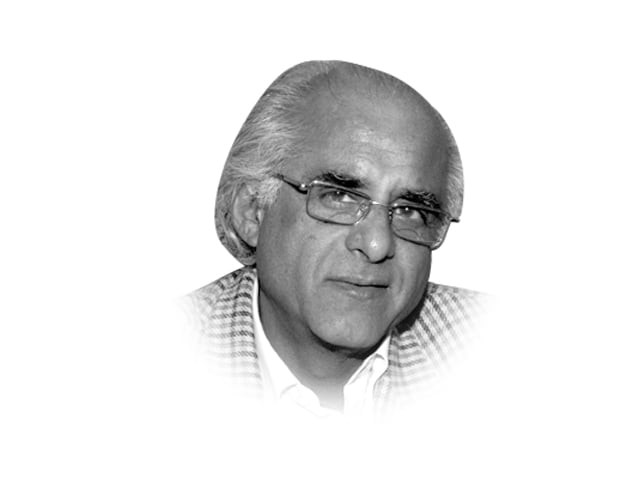A tale from Taxila
Xuanzang who came to our part of the world in 631 CE, was a remarkable man and a raconteur of the first order.

A tale from Taxila
Xuanzang set out of Chang’an (modern Xian) in the spring of 630 CE and travelled through Xinjiang and Afghanistan to what is now Pakistan. For sixteen years he travelled around the subcontinent on a mission to collect the holy books of Buddhism for he believed that in his native China the texts had been corrupted through a series of faulty translations.
On his way back, while passing through the city of Khotan in Xinjiang, the pilgrim noticed cultural affinities with India and wrote, “their written characters and their mode of forming their sentences resemble the Indian model; the forms of the letters differ somewhat; the differences, however, are slight.”
Then Xuanzang proceeds to tell us a rather peculiar tale. Kunal, the eldest son of Asoka, had his eyes put out when he was his father’s viceroy in Taxila. The king was outraged. He ordered the expulsion of the local ‘chief of the tribes’ to the ‘north of the snowy mountains’ where they were to live in a ‘desert valley’. There, the chief eventually glorified himself as king of Khotan.
Indeed, the name Khotan, according to Xuanzang, was actually the Sanskrit word Ku-stana. He tells us that the king, having reached old age without a son and fearing his line would end, prayed to the idol of his god. The head of the idol opened and there emerged a baby boy. The infant would, however, not suckle at any breast.
Fearing that the boy would starve to death, the king again prayed to his god to provide a means of nourishment for the miracle child. Once again, miraculously, the ground in front of the idol split to reveal a breast that delivered up milk to the child. And so Ku-stana — Breast of the Earth — became the capital city of the exiles of Taxila.
When Si-Yu-Ki was first translated by Professor Samuel Beal in 1884, the account of an Indian tribe living in Khotan with all its allied yarns was taken as a fairy tale. Twenty years later, a most remarkable man called Aurel Stein — archaeologist, historian and linguist par excellence — went snooping and digging around Khotan. North of the city, on the fringes of the Takla Makan desert, he found the remains of a number of ancient cities. Therein he discovered a vast treasure trove of artefacts that opened up a wonderful window into that world of two thousand years ago.
Among various other relics, Stein found wooden slats with diamond-shaped handles that we, whose memory goes back to the late 1950s, remember as the takhti on which we practiced Urdu calligraphy. Hundreds of these pieces, together with other documents on leather, were found. The script, as Xuanzang tells us, was indeed an Indian script: Kharoshti. This was the very one that was used in the cities of Taxila, Pushkalavati (whose ruins near Charsadda are being laid waste by rapacious idol-sellers) and others as far back as the 8th century BCE. The documents of Khotan dealt with matters of governance and commerce. There were also among them land deeds and letters written between common people.
Now, Stein’s reading of the takhtis shows that the language was the common Prakrit spoken in northwest India. That is, it was akin to modern Punjabi and Hindko and that Xuanzang was not wrong when he noticed the ‘Indian model’; that there were indeed people of subcontinental origin living in Ku-stana, the name Stein found during his visit to Khotan.
From Xuanzang’s account and Stein’s findings, we understand that some upheaval did take place in Taxila during the reign of Asoka’s son Kunal. Legend records that Kunal’s eyes were eventually restored by a Buddhist priest called Gosha. But all told, we see some intrigue occurring in Taxila, an intrigue that called for a large number of schemers to be exiled.
Published in The Express Tribune, March 5th, 2011.
















COMMENTS
Comments are moderated and generally will be posted if they are on-topic and not abusive.
For more information, please see our Comments FAQ